cares commercial-communication
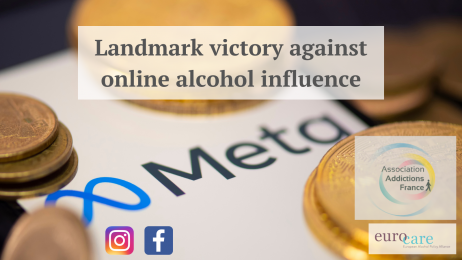
In early January a Paris Court ordered Meta to remove 37 posts found to be illegally promoting alcohol on Instagram, which Meta owns along with Facebook.
The court found the ads broke France’s “Loi Evin”, a law banning the improper promotion alcoholic drinks. The judge also ordered Meta to send the contact details of the posts’ authors with Eurocare member Addictions France so that they can be prosecuted.
Around twenty influencers made the posts, together reaching a total of around 5 million followers, many young and some under the legal alcohol drinking age.
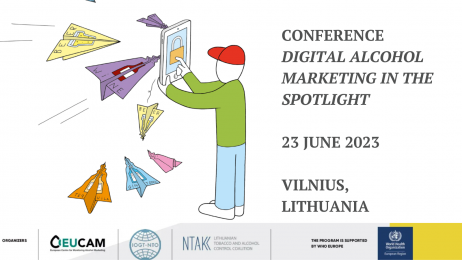
The European Centre for Monitoring Alcohol Marketing (EUCAM), together with Eurocare’s members IOGT-NTO and NTAKK are organising a conference on digital alcohol marketing. The conference will take place in Vilnius, Lithuania on June 23rd 2023 and will explore effective alcohol marketing regulations to protect young people.
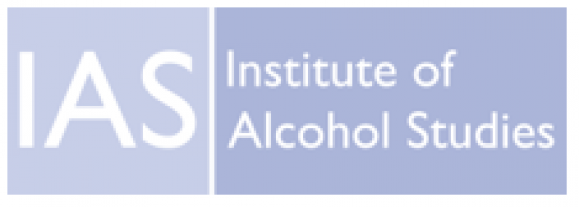
New research finds association between adolescents finding alcohol adverts appealing and never drinkers’ susceptibility to drink
A new study published in the journal Alcohol & Alcoholism has found alcohol adverts commonly appeal to underage adolescents.
Half of 11-17-year-olds surveyed reacted positively to the adverts featuring Fosters and Smirnoff brands (53% and 52% respectively), and a third reacted positively to an advert featuring the Haig Club brand (34%). Among adolescents who had never drunk alcohol, associations were seen between positive reactions to the adverts and susceptibility to drink in the next year, leading researchers to call for UK policymakers to consider tighter alcohol advertising legislation.
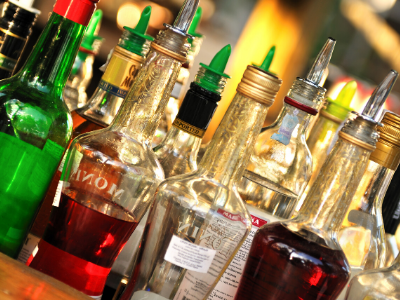
At a time when we are facing isolation, anxiety, and economic uncertainty, we should not drink too much for our mental health and to not weaken our immune system. The closure of bars, restaurants, cafes and nightclubs all over Europe should have led to a natural decline in alcohol consumption, but some research says we are drinking more in isolation at home. Health experts raised concerns early about the elevated levels of alcohol consumption during the lockdown.
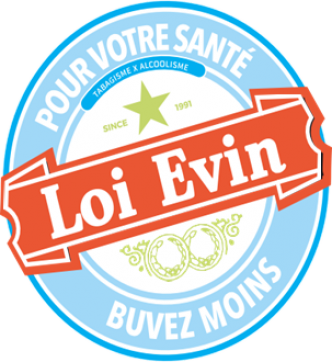
In a decision from 20 May 2020, the Court of Cassation reassured the defenders of public health and the Evin law, of which ANPAA is a member, by sanctioning the Phénix de Grimbergen advertisement.

Young people in the UK are being exposed to excessive alcohol advertisements during televised sporting events, which could lead to increased alcohol consumption in under 16s, according to new research from the University of Nottingham.

The European Commission has announced a Digital Services Act package to strengthen the Single Market for digital services and foster innovation and competitiveness of the European online environment – see https://ec.europa.eu/digital-single-market/en/digital-services-act-package
Given Eurocare’s profile, comments are given to areas in which it possesses expertise and interest. As a general comment Eurocare would like to support the European Commission’s remarks regarding an increasingly fragmented legal landscape and the need for better alignment and simplification of the legal provisions governing the digital landscape.
Eurocare believes that it is the European Commission’s obligation to lay down clearer, more stringent, harmonised rules for digital actors’ responsibilities in order to increase citizen’s safety online and protect their rights.
Eurocare would like the DSA to focus on safety of vulnerable users, children and young people. Special attention needs to be given to areas such as online advertising as they are a core feature (and heart of the business model) for most online platforms and currently enjoy competitive advantage compared to traditional media.
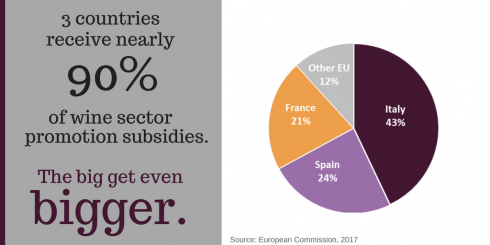
EU promotion policy for agricultural products should not support promotion of alcohol. Public health perspectives should always be weighed into evaluations, especially when the beneficiaries of a policy are producers of alcoholic beverages.
European agricultural policies are important tools to support farmers’ livelihood and sustainable rural development. However, EU policies must be coherent and cannot be evaluated according to economic metrics alone: Public health must be number one priority.
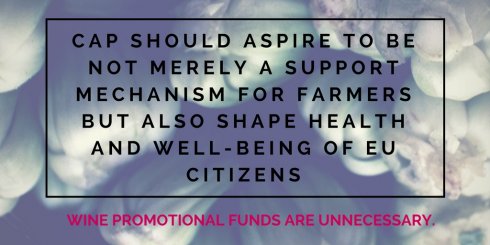
The European Alcohol Policy Alliance (Eurocare) welcomes the opportunity to comment on the Agricultural products – revision of EU marketing standards. Eurocare supports the comprehensive approach within the F2F strategy and the EU’s determination to introduce changes within the food system enabling EU citizens to lead healthy lifestyle regardless of social background by Promoting sustainable food consumption, facilitating the shift towards healthy, sustainable diets.
Eurocare cares about the CAP because it lays out support programs for the promotion and marketing of wine. Wine promotion subsidies are aimed primarily at increasing European wines’ competitiveness in non-EU countries through activities such as information campaigns, market studies and participation at wine fairs abroad.

The European Alcohol Policy Alliance (Eurocare) supports the comprehensive approach within the F2F strategy and to introduce changes within the food system enabling EU citizens to lead healthy lifestyle regardless of social background by Promoting sustainable food consumption, facilitating the shift towards healthy, sustainable diets. Given Eurocare’s profile, comments will be given to areas in which it possesses expertise, mainly prevention and reduction of alcohol related harm.
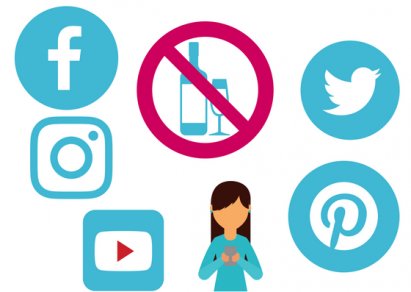
The European Alcohol Policy Alliance (Eurocare) welcomes the opportunity to comment on the Digital Services Act – deepening the internal market and clarifying responsibilities for digital services. Eurocare is an alliance of non-governmental health organisations with 52 member organisations across 22 European countries advocating the prevention and reduction of alcohol related harm in Europe. Given Eurocare’s profile, comments are given to areas in which it possesses expertise and interest.
As a general comment Eurocare would like to support the European Commission’s initiative for a horizontal instrument to prevent legal and practical fragmentations in the single market and the need for better alignment and simplification of the legal provisions governing the digital landscape.
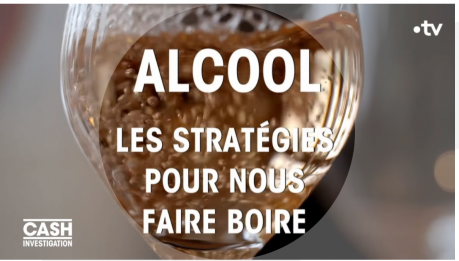
Soyons francs : en un an d’enquête, Véronique Blanc et l’équipe de Cash investigation ont réussi à mettre en lumière ce que nous échouons à démontrer devant les tribunaux dans les affaires les plus complexes
https://expression.addictions-france.org/articles/loi-evin-ce-que-revele-le-reportage-de-cash-investigation-sur-le-marketing-de-lalcool/
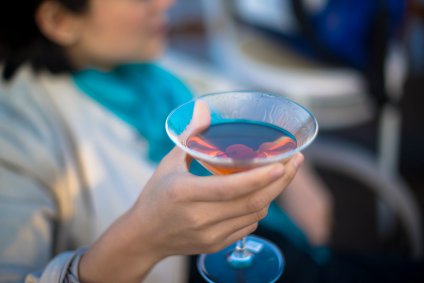
The marketing of alcoholic beverages is one cause of underage drinking,public health experts conclude. Because of this, countries should abandon what are often piecemeal and voluntary codes to restrict alcohol marketing and construct government-enforced laws designed to limit alcohol-marketing exposure and message appeal to youth.
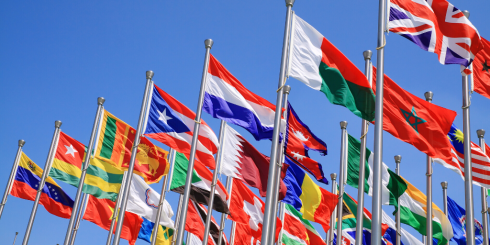
“A Future for the World’s Children?” a report by the WHO-UNICEF-Lancet Commission, consisting of 40 child and adolescent health experts from around the world was launched. The Lancet report finds that children around the world are exposed to severe threats by advertising and marketing that exploits their vulnerability by taking advantage of the lack of regulation from governments.

Press release by Alcohol Focus Scotland and Scottish Health Action on Alcohol Problems (SHAAP).
Alcohol Focus Scotland and SHAAP are calling for the Scottish Government to curb sponsorship of professional sport by alcohol companies following new research into the extent, nature and frequency of the practice.

In order to reduce the prevalence of alcohol consumption and harm to public health, it is planned to introduce new restrictions on alcohol availability and advertising in the coming years, while improving the treatment and rehabilitation services of alcohol addiction. Alcohol consumption is increasing every year in Latvia, so it is important to limit its availability and to explain to society the negative impact of alcohol on health.
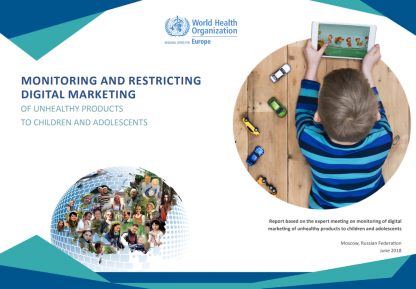
New WHO study shows more action needed to monitor and limit digital marketing of unhealthy products to children
A new report from WHO/Europe calls for greater monitoring of the digital marketing of alcohol, tobacco and unhealthy food products, especially those high in salt, sugar and fat. It comes amid the advertising industry’s continued efforts to target children and adolescents on social media and on difficult-to-track mobile devices.

Earlier this summer, European Parliament and Bulgarian Presidency of the Council agreed on an updated EU Audiovisual Media Services Directive (AVMSD). Unfortunately, European legislators did not grasp the opportunity to improve provisions for alcohol advertising.
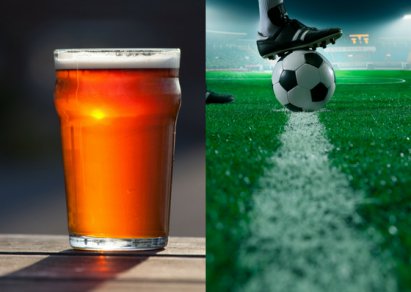
Eurocare French member ANPAA launched on the occasion of the World Cup campaign ‘Be our eyes’. This operation aimed at collecting pictures showcasing the link between sport and alcohol. The result has highlighted an overexposure to advertisements of alcohol.